An order of protection is a court order, and it can stop you from doing the things you’d normally do every day. In many domestic battery cases, the person who’s been accused of battery is the one a judge issues an order against.
What Can an Order of Protection Stop You From Doing?
An order of protection is a formal order from a judge that can prevent you from:
- Entering your own home
- Visiting your children
- Accessing your kids’ school or medical records
- Selling, damaging or destroying certain personal property
It can also require you to do things, such as:
- Attend counseling
- Appear in court
- Turn your weapons over to law enforcement
- Give personal property to the alleged victim
What to Do if Someone Gets an Order of Protection Against You
If you’re served with an order of protection, you absolutely have to follow it – if you don’t, you’re breaking the law.
The first thing you should do is sit down and read it. The order will have very detailed instructions on what you’re not allowed to do and what you’re supposed to do. It will most likely say that you’re not supposed to contact the alleged victim (by phone, text, in person, letters and other means, like social media).
You should also make sure you save any information you have that could be helpful in your case, such as:
- Credit card receipts
- Emails
- Letters
- Phone records
- Pictures
- Social media messages and posts
- Text messages
- Video recordings
- Voicemails
For most people, it makes sense to contact an attorney, as well. If you’ve been served an order of protection, you may be facing charges for domestic battery or aggravated domestic battery.
Whatever you do, do not violate the order – even if it’s unfair or the person who filed it against you is lying about everything.
If you violate the order, you’ll only harm your case.
Call us right away – as soon as you read it – for a free consultation with an experienced attorney. We’re available at 847-920-4540, or you can contact us by filling out the form below.

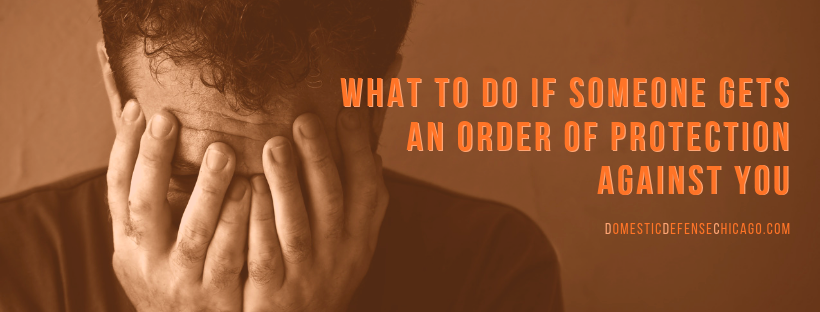
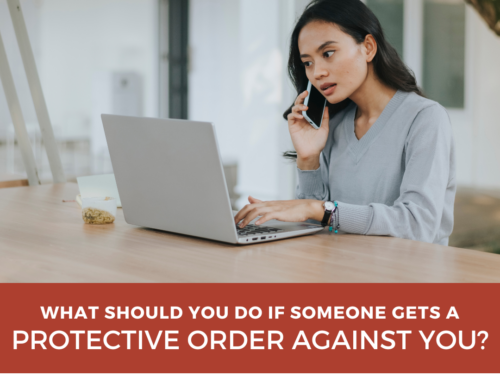
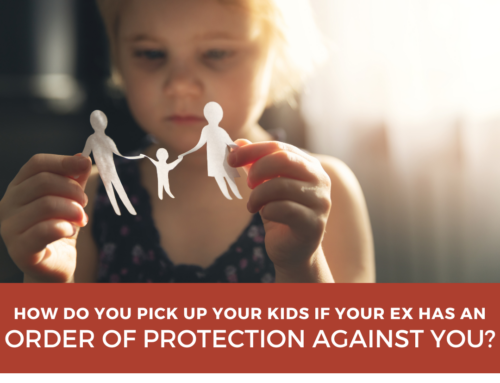
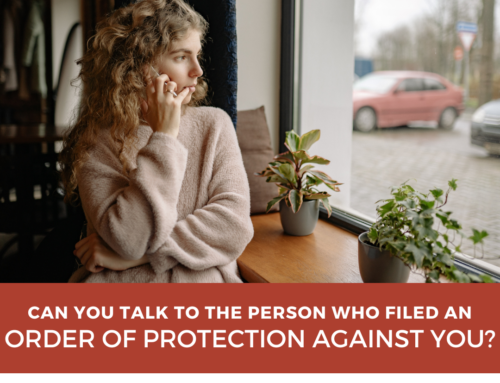
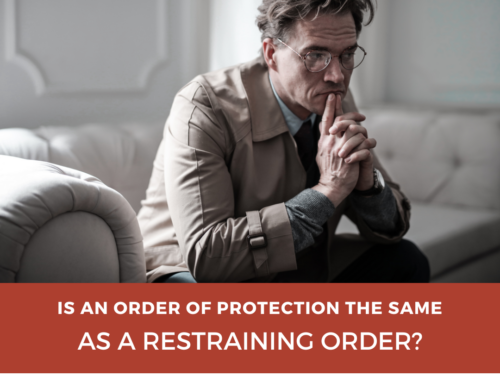
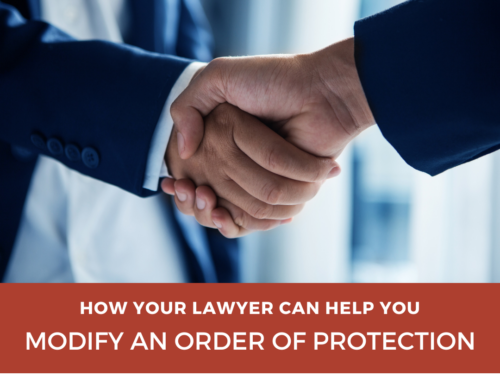
Leave A Comment
You must be logged in to post a comment.